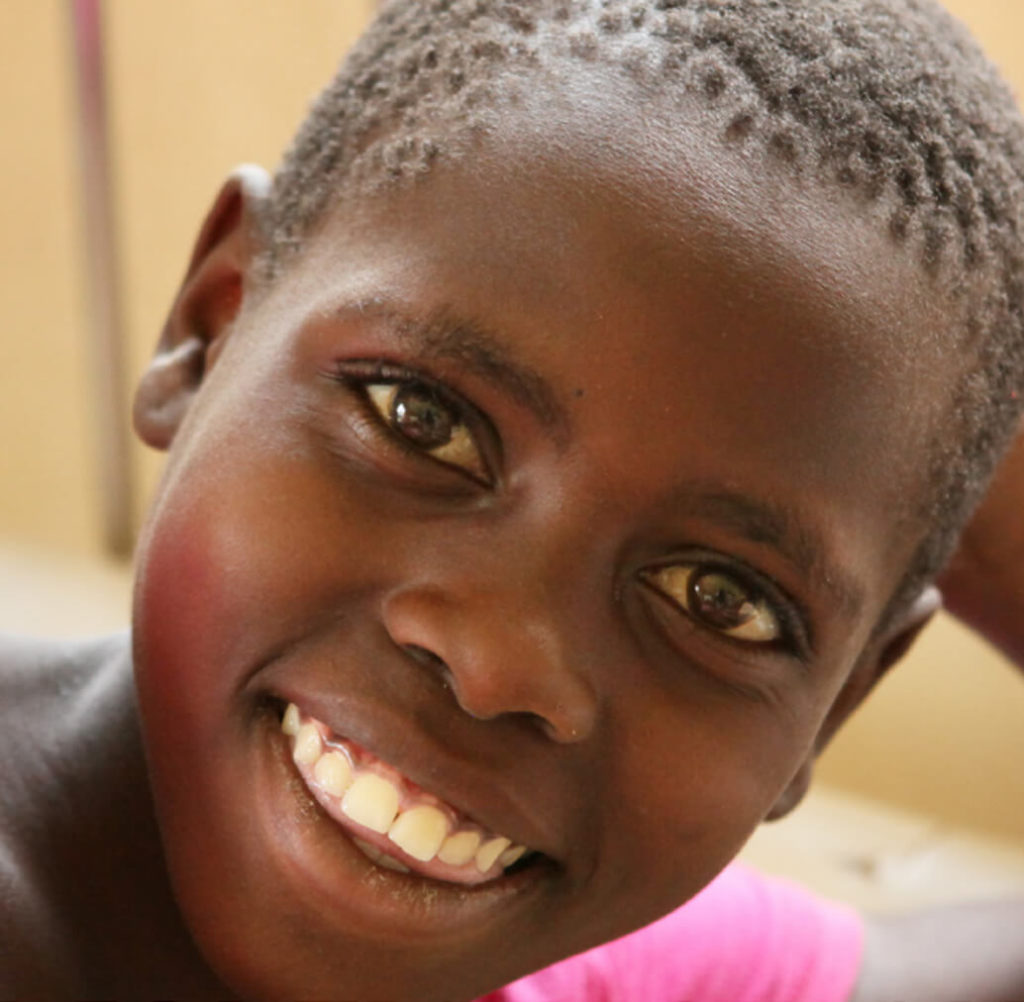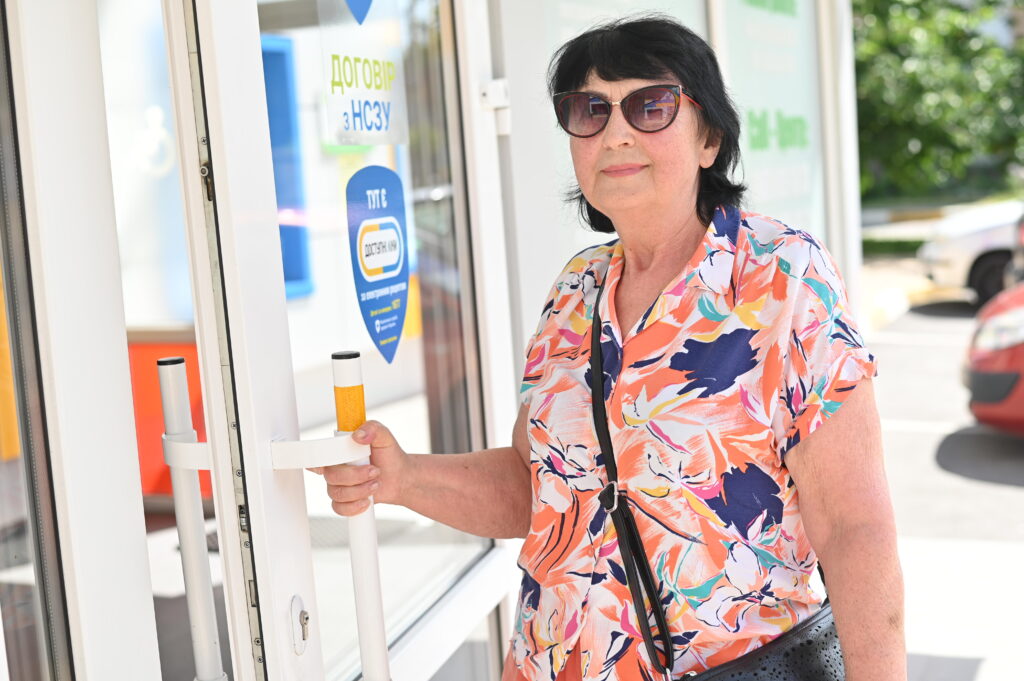One-Stop Shop for TB/HIV Services: A Model for Increasing Antiretroviral Therapy Uptake in Uganda
One-Stop Shop for TB/HIV Services: A Model for Increasing Antiretroviral Therapy Uptake in Uganda

Uganda ranks among the top 20 countries in the world with the highest number of TB/HIV co-infection cases and the highest rate of TB cases among people living with HIV (PLHIV). In 2015, HIV prevalence was estimated at 7.1%, and approximately 45% of TB patients were co-infected with HIV. HIV infection remains the leading risk factor for developing TB, while TB is the leading cause of death among PLHIV.
Despite the country’s high rate ofTB/HIV co-infection, TB and HIV have been treated separately under the National TB and Leprosy Program (NTLP) and the National AIDS Control Program (NACP). Under Ministry of Health (MOH) guidelines, TB patients suspected of HIV infection are referred to antiretroviral therapy (ART) clinics and PLHIV suspected of TB infection are referred to TB clinics.
To address these challenges, the MOH recommended adoption of the “one-stop shop” approach in 2014 based on World Health Organization (WHO) and Global Fund initiatives to roll out the model. This integrated approach for TB/HIV treatment ensures that co-infected patients are managed for both infections at the same clinic, by the same provider, at the same time. As such, the model is an important strategy to contribute to achieving the UNAIDS 90-90-90 treatment targets, particularly by increasing the number of TB patients who are tested for HIV ( first 90) and the number of TB patients with HIV who initiate ART (second 90).
To test this approach, the USAID Strengthening TB and HIV & AIDS Responses in Eastern Uganda (STAR-E) Project, in collaboration with the NTLP, NACP, and the MOH, has been piloting the one-stop-shop model at health facilities in Kapchorwa District, Eastern Uganda, since January 2015. This technical brief describes implementation of the model and assesses its impact on ART uptake among TB patients infected with HIV.
The successful STAR-E pilot provides support to the MOH’s decision to revise national TB/HIV guidelines in 2017 to include the one-stop-shop model for TB and HIV.


